
Noise is the notorious adversary of quantum computing. Qubits are sensitive to the slightest environmental perturbations, quickly causing errors to accumulate and make the results of even the simplest quantum algorithms too noisy to be meaningful. Quantum error correction (QEC) circumvents this problem by using many noisy physical qubits to encode logical qubits effectively immune to noise.
]]>
Qubits are inherently sensitive to noise, and it is expected that even the most robust qubits will always exhibit noise levels orders of magnitude from what��s required for practical quantum applications. This noise problem is solved with quantum error correction (QEC). This is a collection of techniques that can identify and eliminate errors in a controlled way, so long as qubits can be��
]]>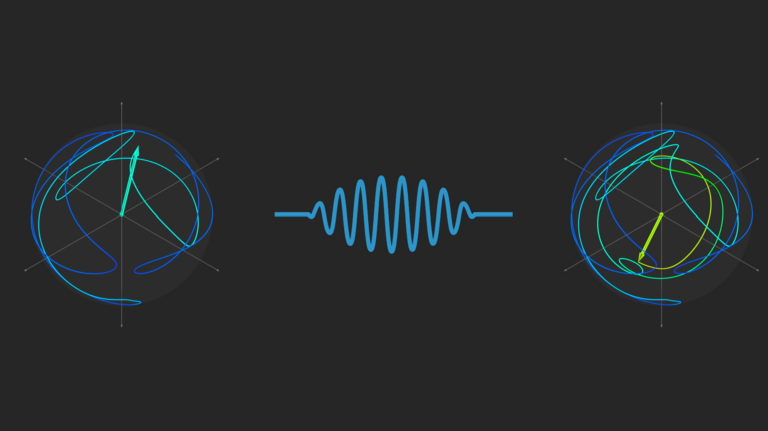
Infleqtion, a world leader in neutral atom quantum computing, used the NVIDIA CUDA-Q platform to first simulate, and then orchestrate the first-ever demonstration of a material science experiment on logical qubits, on their Sqale physical quantum processing unit (QPU). Qubits, the basic units of information in quantum computing, are prone to errors, and far too unreliable to make meaningful��
]]>
In the past decade, quantum computers have progressed significantly and could one day be used to undermine current cybersecurity practices. If run on a quantum computer, for example, an algorithm discovered by the theoretical computer scientist Peter Shor could crack common encryption schemes, including the Rivest-Shamir-Adleman (RSA) encryption algorithm. Post-quantum cryptography (PQC) is��
]]>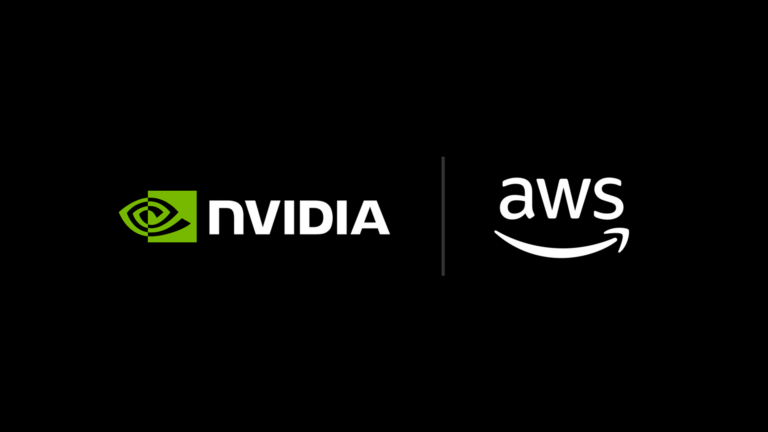
As quantum computers scale, tasks such as controlling quantum hardware and performing quantum error correction become increasingly complex. Overcoming these challenges requires tight integration between quantum processing units (QPUs) and AI supercomputers, a paradigm known as accelerated quantum supercomputing. Increasingly, AI methods are being used by researchers up and down the quantum��
]]>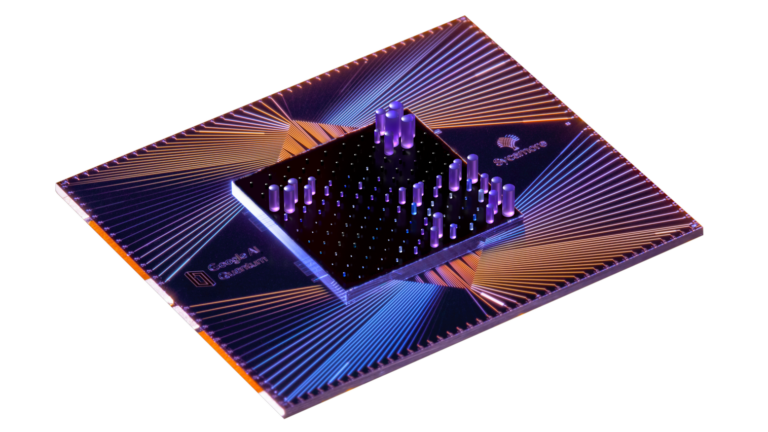
Quantum dynamics describes how complex quantum systems evolve in time and interact with their surroundings. Simulating quantum dynamics is extremely difficult yet critical for understanding and predicting the fundamental properties of materials. This is of particular importance in the development of quantum processing units (QPUs), where quantum dynamics simulations enable QPU developers to��
]]>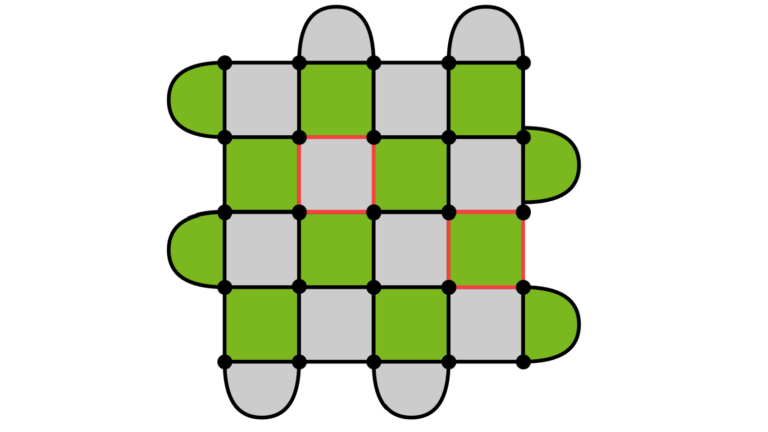
Accelerated quantum supercomputing combines the benefits of AI supercomputing with quantum processing units (QPUs) to develop solutions to some of the world��s hardest problems. Realizing such a device involves the seamless integration of one or more QPUs into a traditional CPU and GPU supercomputing architecture. An essential component of any accelerated quantum supercomputer is a programming��
]]>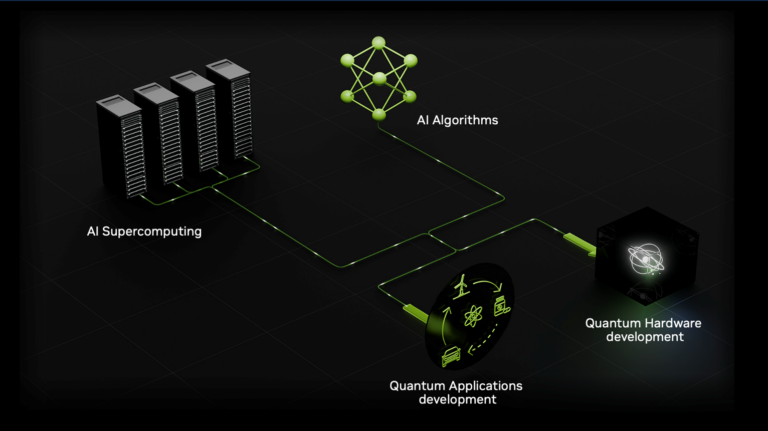
NVIDIA��s vision of accelerated quantum supercomputers integrates quantum hardware and AI supercomputing to turn today��s quantum processors into tomorrow��s useful quantum computing devices. At Supercomputing 2024 (SC24), NVIDIA announced a wave of projects with partners that are driving the quantum ecosystem through those challenges standing between today��s technologies and this accelerated��
]]>
AI coding assistants have become ubiquitous across the software development landscape. Developers are increasingly using tools like GitHub Copilot, Amazon CodeWhisperer, and Cursor to boost productivity in computing tasks. These tools enable you to quickly generate, debug, and understand code; streamline workflows; and enhance collaboration across projects. While AI coding assistants are well��
]]>
Improving sources of sustainable energy is a worldwide problem with environmental and economic security implications. Ying-Yi Hong, distinguished professor of Power Systems and Energy at Chung Yuan Christian University in Taiwan, researches hybrid quantum-classical methods. These approaches leverage quantum computing to solve challenging problems in power systems and sustainable energy.
]]>
Quantum dynamics describe how objects obeying the laws of quantum mechanics interact with their surroundings, ultimately enabling predictions about how matter behaves. Accurate quantum dynamics simulations inform the development of new materials, solar cells, batteries, sensors, and many other cutting-edge technologies. They��re also a critical tool in designing and building useful quantum��
]]>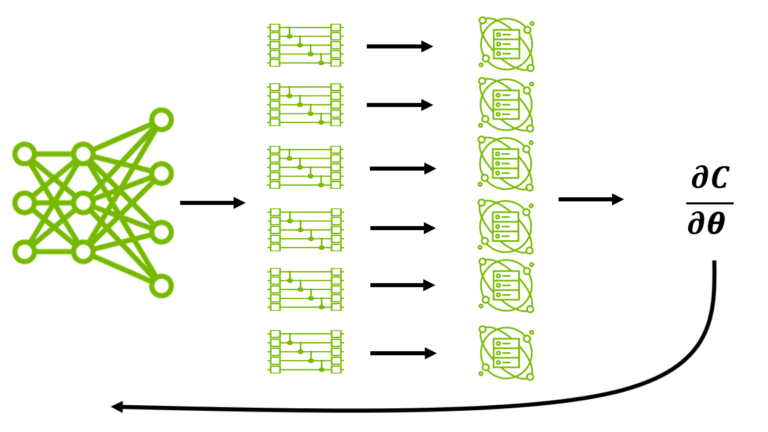
AI techniques like large language models (LLMs) are rapidly transforming many scientific disciplines. Quantum computing is no exception. A collaboration between NVIDIA, the University of Toronto, and Saint Jude Children��s Research Hospital is bringing generative pre-trained transformers (GPTs) to the design of new quantum algorithms, including the Generative Quantum Eigensolver (GQE) technique.
]]>
Quantum computers can use the quantum properties of superposition, entanglement, and interference to generalize learnings and insights from data. Such quantum machine learning (QML) techniques will eventually run on quantum-accelerated supercomputers that combine the processing powers of CPUs, GPUs, and QPUs to solve some of the world��s most complex problems. Many QML algorithms offer��
]]>
NVIDIA CUDA-Q (formerly NVIDIA CUDA Quantum) is an open-source programming model for building hybrid-quantum classical applications that take full advantage of CPU, GPU, and QPU compute abilities. Developing these applications today is challenging and requires a flexible, easy-to-use coding environment coupled with powerful quantum simulation capabilities to efficiently evaluate and improve the��
]]>
NVIDIA CUDA-Q (formerly NVIDIA CUDA Quantum) is an open-source programming model for building quantum accelerated supercomputing applications that take full advantage of CPU, GPU, and QPU compute abilities. Developing these applications today is challenging and requires an easy-to-use coding environment coupled with powerful quantum simulation capabilities to efficiently evaluate and improve the��
]]>
Building a useful quantum computer in practice is incredibly challenging. Significant improvements are needed in the scale, fidelity, speed, reliability, and programmability of quantum computers to fully realize their benefits. Powerful tools are needed to help with the many complex physics and engineering challenges that stand in the way of useful quantum computing.
]]>
The development of useful quantum computing is a massive global effort, spanning government, enterprise, and academia. The benefits of quantum computing could help solve some of the most challenging problems in the world related to applications such as materials simulation, climate modeling, risk management, supply chain optimization, and bioinformatics. Realizing the benefits of quantum��
]]>
NVIDIA CUDA-Q is an open-source programming model for building quantum-classical applications. Useful quantum computing workloads will run on heterogeneous computing architectures such as quantum processing units (QPUs), GPUs, and CPUs in tandem to solve real-world problems. CUDA-Q enables the acceleration of such applications by providing the tools to program these computing architectures��
]]>
NVIDIA cuQuantum is an SDK of optimized libraries and tools for accelerating quantum computing workflows. With NVIDIA Tensor Core GPUs, developers can use it to speed up quantum circuit simulations based on state vector and tensor network methods by orders of magnitude. cuQuantum aims to deliver at the speed of light on NVIDIA GPUs and CPUs for quantum circuit simulations.
]]>
Quantum computing has the potential to revolutionize various aspects of industry, ranging from numerical simulations and optimization of complex systems to machine learning (ML). Many computational challenges within the automotive industry are well-suited for quantum computing, including the development of novel materials, efficient design of parts, optimal manufacturing processes��
]]>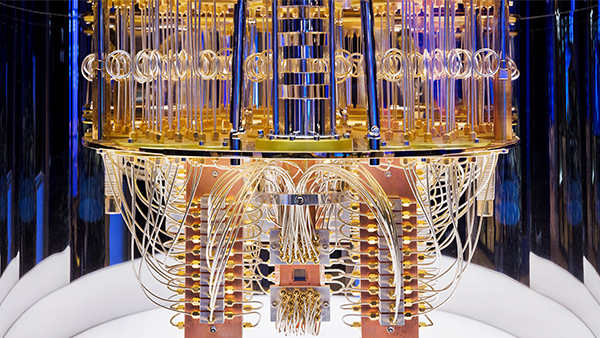
NVIDIA CUDA-Q is a platform for building quantum-classical computing applications. It is an open-source programming model for heterogeneous computing such as quantum processor units (QPUs), GPUs, and CPUs. CUDA-Q accelerates workflows such as quantum simulation, quantum machine learning, quantum chemistry, and more. It optimizes these workflows as part of its compiler toolchain and uses the��
]]>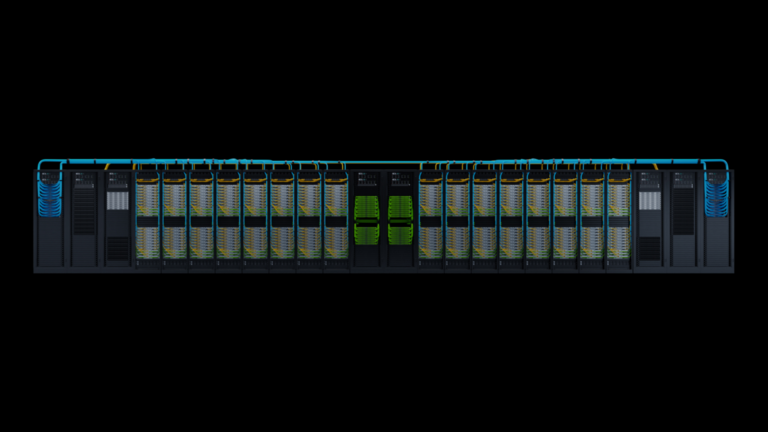
Heterogeneous computing architectures��those that incorporate a variety of processor types working in tandem��have proven extremely valuable in the continued scalability of computational workloads in AI, machine learning (ML), quantum physics, and general data science. Critical to this development has been the ability to abstract away the heterogeneous architecture and promote a framework that��
]]>
QHack is an educational conference and the world��s largest quantum machine learning (QML) hackathon. This year at QHack 2023, 2,850 individuals from 105 different countries competed for 8 days to build the most innovative solutions for quantum computing applications using NVIDIA quantum technology. The event was organized by Xanadu, with NVIDIA sponsoring the QHack 2023 NVIDIA Challenge.
]]>
At NVIDIA GTC 2023, NVIDIA unveiled notable updates to its suite of NVIDIA AI software for developers to accelerate computing. The updates reduce costs in several areas, such as data science workloads with NVIDIA RAPIDS, model analysis with NVIDIA Triton, AI imaging and computer vision with CV-CUDA, and many more. To keep up with the newest SDK advancements from NVIDIA, watch the GTC keynote��
]]>
From climate modeling to quantum computing, large language models to molecular dynamics; see how HPC is transforming the world.
]]>
As of March 21, 2023, QODA is now CUDA Quantum. For up-to-date information, see the CUDA Quantum page. Quantum circuit simulation is the best means to design quantum-ready algorithms so you can take advantage of powerful quantum computers as soon as they are available. NVIDIA cuQuantum is an SDK that enables you to leverage different ways to perform quantum circuit simulation. cuStateVec��
]]>
As of March 21, 2023, QODA is now CUDA Quantum. For up-to-date information, see the CUDA Quantum page. Quantum algorithm researchers in government, enterprise, and academia are interested in developing and benchmarking novel quantum algorithms on ever-larger quantum systems. Use cases include drug discovery, cybersecurity, high energy physics, and risk modeling. However��
]]>
Quantum computers, still in their infancy, are influencing a new generation of simulations already running on classical computers, and now accelerated with the NVIDIA cuQuantum SDK.
]]>
As of March 21, 2023, QODA is now CUDA Quantum. For up-to-date information, see the CUDA Quantum page. Quantum circuit simulation is critical for developing applications and algorithms for quantum computers. Because of the disruptive nature of known quantum computing algorithms and use cases, quantum algorithms researchers in government, enterprise, and academia are developing and��
]]>
The past decade has seen quantum computing leap out of academic labs into the mainstream. Efforts to build better quantum computers proliferate at both startups and large companies. And while it is still unclear how far we are away from using quantum advantage on common problems, it is clear that now is the time to build the tools needed to deliver valuable quantum applications. To start��
]]>
Discover how the new PennyLane simulator device, lightning.gpu, offloads quantum gate calls to the NVIDIA cuQuantum software development kit to speed up the simulation of quantum circuits.
]]>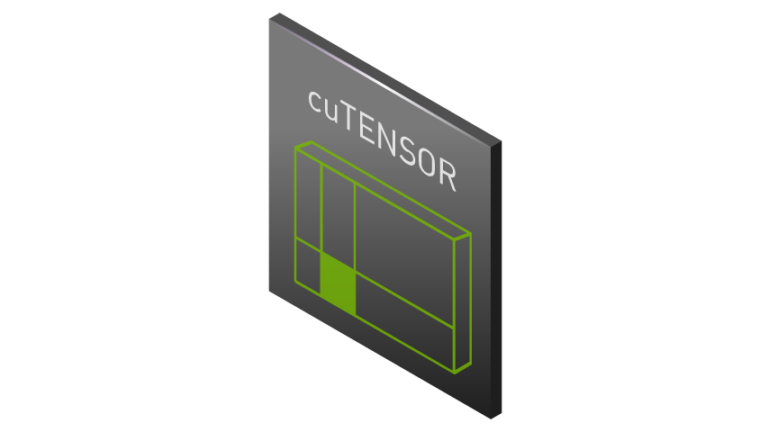
Tensor contractions are at the core of many important workloads in machine learning, computational chemistry, and quantum computing. As scientists and engineers pursue ever-growing problems, the underlying data gets larger in size and calculations take longer and longer. When a tensor contraction does not fit into a single GPU anymore, or if it takes too long on a single GPU��
]]>
Quantum computing aspires to deliver more powerful computation and faster results for certain types of classically intractable problems. Quantum circuit simulation is essential to understanding quantum computation and the development of quantum algorithms. In a quantum circuit, the quantum device is composed of N qubits, and computations are performed by applying a sequence of quantum gates and��
]]>
Quantum computing aspires to deliver more powerful computation in faster time for problems that cannot currently be addressed with classical computing. NVIDIA recently announced the cuQuantum SDK, a high-performance library for accelerating the development of quantum information science. cuQuantum recently was used to break the world record for the MaxCut quantum algorithm simulation running on��
]]>